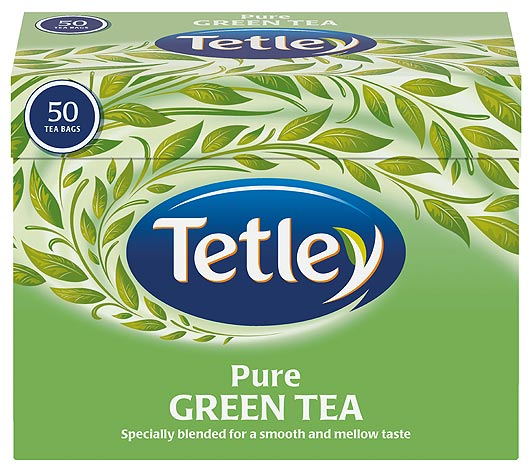 Top Class Action Lawsuits
Top Class Action Lawsuits
No, the Path to Profit is not through Spam…as Path social media can now attest to. The mobile social network got hit with a potential class-action lawsuit this week for allegedly sending unsolicited text ads to people’s cell phones, in violation of the Telephone Consumer Protection Act (TCPA).
Filed in Illinois, by Kevin Sterk, the Path lawsuit alleges that Sterk received an unsolicited SMS message in March from Path. The message stated that someone else wanted to show Sterk photos on the service, and contained a link to a site where he could register to join. Sterk claims he never authorized Path to contact him via SMS. Further, the lawsuit alleges the company has sent similar text messages to “thousands” of other cell phone users.
“By making these unauthorized text message calls, [Path] has caused consumers actual harm, not only because consumers were subjected to the aggravation that necessarily accompanies the receipt of unauthorized text message calls, but also because consumers frequently have to pay their cell phone service providers for the receipt of such unauthorized text message calls,” the TCPA lawsuit states.
The Path class action lawsuit contends that these unsolicited messages violate the TCPA, which prohibits companies from using automated dialing services to send SMS messages without the recipients’ consent. The law provides for damages of $500 per incident. Sterk, who is seeking class-action status, is asking for monetary damages and an order prohibiting Path from sending unsolicited text messages.
I wish someone would come up with an app that would enable the average Joe to spam the spammers. Now, that could be fun!
Forewarned isn’t Forearmed at Fisker? The folks at Fisker are facing an employment class action lawsuit filed over allegations it failed to provide 60 days notice to employees who were part of recent mass layoffs. Those layoffs are allegedly in violation of US and California labor laws.
FYI—the US Worker Adjustment and Retraining Notification (WARN) Act, a federal law, stipulates that companies with over 100 employees must provide 60 days notice prior to laying off their employees. There is also a similar requirement in place under California state law.
The employment lawsuit against Fisker alleges the company failed to pay the employees their 60 days pay and benefits that they would have been received had they been provided their duly entitled 60-day notice. Further, the lawsuit claims Fisker failed to notify California’s state Employment Development Department of its layoff plans, as well as the local workforce investment board, as well as the top elected officials in Anaheim and Orange County.
Top Settlements
A bit Sketchy on Skechers? Well, it’s official, but not approved. Confused? Don’t be. Last September we reported that Skechers has agreed to a preliminary $40 million settlement of a consumer fraud class action brought by disgruntled customers who claim the company misrepresented the benefits of the “toning shoes.”
Entitled Grabowski v. Skechers U.S.A., Inc., No. 3:12-cv-00204 (W.D. Ky.), the lawsuit concerns claims that Skechers violated certain state laws and consumer protection statutes in connection with the marketing and sale of its toning shoes. Not surprisingly, Skechers denies those allegations.
It looks as if final approval may be at hand, as the fairness hearing was scheduled for mid-March 2013. This matters to you purchased eligible Skechers toning shoes from August 1, 2008, up to and including August 13, 2012 in the United States.
To find out more information and to download claims forms, visit: http://www.skecherssettlement.com/
Bad Apples, eh? This one is all over the wires today…Apple—the faltering god of all things techno—has reportedly agreed to a $53 million settlement in the class action lawsuit pending over alleged defective iPhones and iPod Touch.
The unfair business practices class action was originally filed against Apple in 2010, and centered around claims that the company failed to honor its warranty obligations by fixing or replacing defective devices.
According to a report by CNET, thousands of owners of the original iPhone, iPhone 3G, iPhone 3GS, or the first three generations of the iPod Touch who were unsuccessful in getting Apple to honor its warranty related to repairs and replacements, can submit claims in the suit. These devices carried one-year standard and two-year extended warranties.
The settlement has yet to be approved, and full details have not been made public. Wired is reporting that depending on how many people submit claims, individual payouts could be approximately $200. Stay tuned for more on this one.
Ok—that’s a wrap. See you at that bar…

